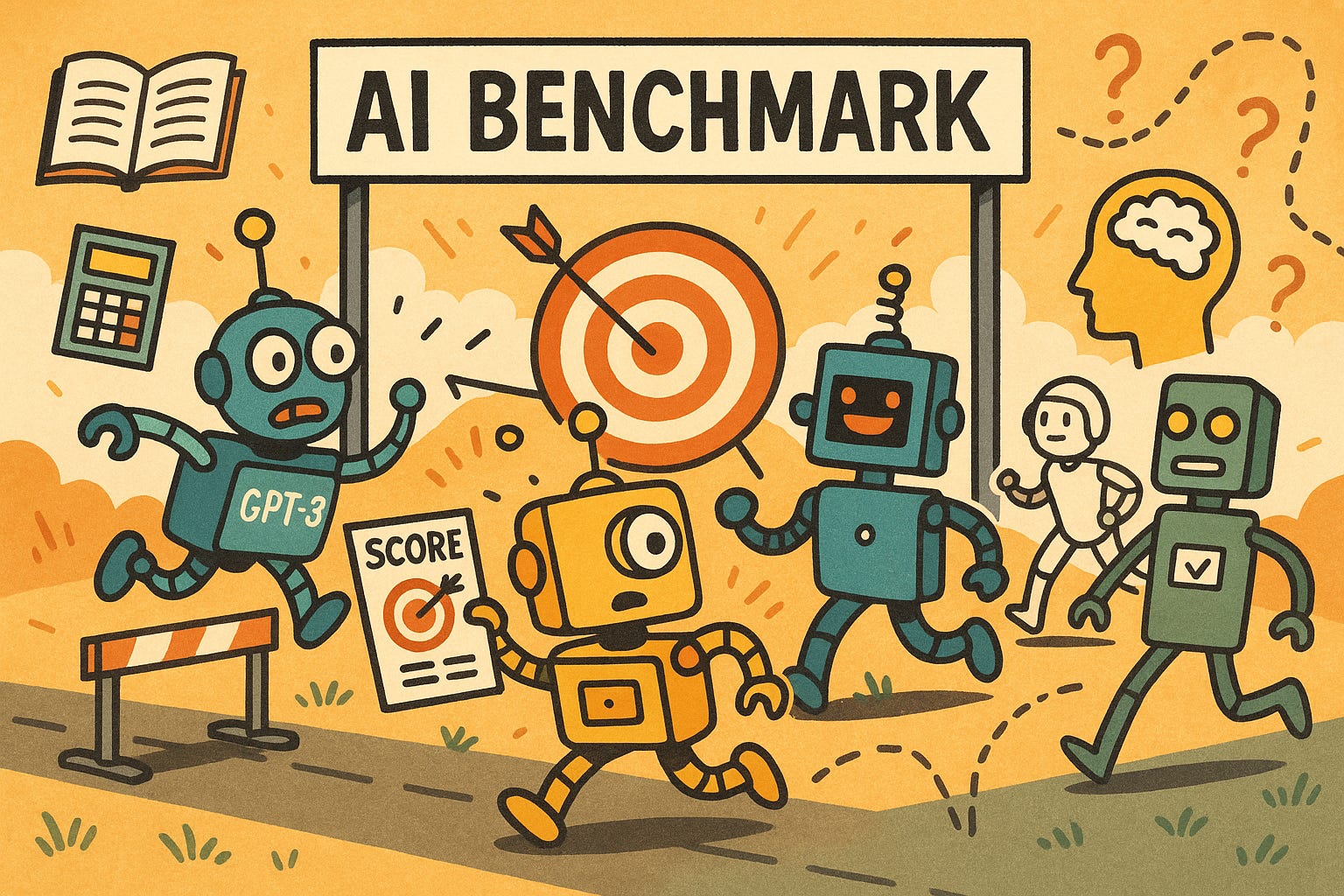Inception raises $50 million to build diffusion models for code and text
PositiveArtificial Intelligence
Inception raises $50 million to build diffusion models for code and text
Inception has successfully raised $50 million to develop diffusion models aimed at enhancing code and text generation. This funding is significant as it highlights the growing potential of diffusion models beyond their current use in AI image generation, suggesting they could revolutionize software development. By leveraging this technology, Inception aims to create more efficient and powerful tools for developers, which could lead to advancements in how software is created and optimized.
— via World Pulse Now AI Editorial System


![[Boost]](https://media2.dev.to/dynamic/image/width=800%2Cheight=%2Cfit=scale-down%2Cgravity=auto%2Cformat=auto/https%3A%2F%2Fdev-to-uploads.s3.amazonaws.com%2Fuploads%2Fuser%2Fprofile_image%2F3578296%2F3658bb76-bcd7-405c-8b2e-4b81b00c9169.jpg)


